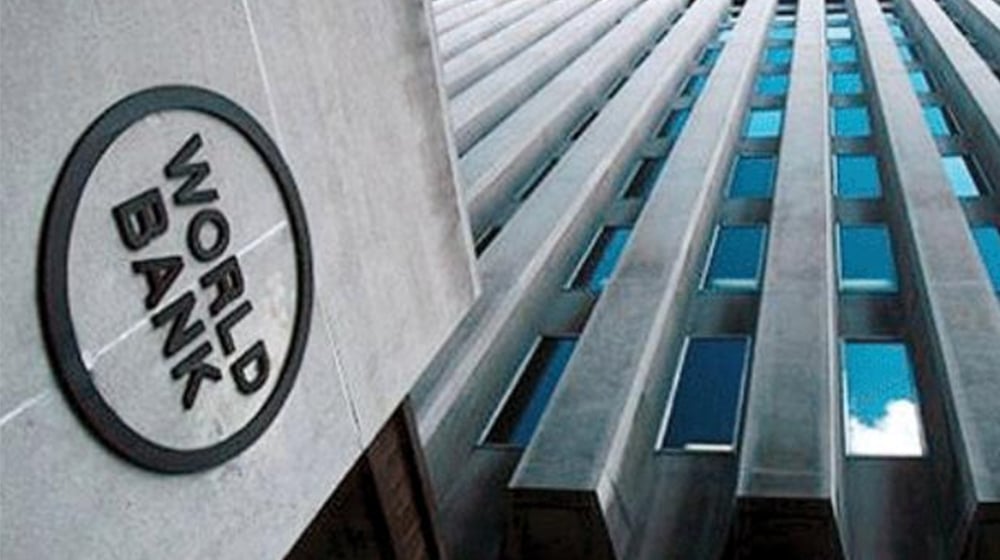The Board of Executive Directors at the World Bank authorized $535 million in funding for Pakistan to pursue two initiatives.The Sindh Livestock and Aquaculture Sectors Transformation (LIVAQUA) Project will support competitive, climate-smart small and medium producers in Sindh’s livestock and aquaculture sectors. The additional funding for the Crisis Resilient Social Protection (CRISP) Program aims to fortify the nation’s social protection system and foster shock resilience among impoverished and vulnerable households.
Najy Benhassine, the World Bank’s Country Director for Pakistan, stated, “The devastating floods that struck Pakistan in 2022 were a tragic reminder of the importance of building resilience to such disasters, including by strengthening both social protection and sectors that support economic growth and recovery.”It is also essential to use cutting-edge climate-smart technology and contingency planning to help the vulnerable absorb climate shocks.”
The additional $400 million funding for CRISP would strengthen the program’s ongoing efforts to give Pakistan’s social protection system the foundational policies and delivery mechanisms required for more efficient and quick responses to future crises. The program’s main goal is to significantly enhance the national cash transfer program’s coverage, efficacy, and federal-provincial collaboration through longer-term policy initiatives.
Amjad Zafar Khan, the project’s task team leader, stated, “Since its inception, the CRISP program has achieved significant results with regular safety net support to over 9 million families and a demonstrated capability of quickly reaching 2.8 million families during the recent floods.”The additional funding would encourage the use of provincial capacities to take up a larger role in social assistance, in addition to helping families become more resilient to climate and economic shocks.”
The $135 million LIVAQUA grant will support initiatives that advance value addition, climate-smart production, and equitable market access while also assisting in generating growth prospects for the livestock and aquaculture industries. Enhancing sector policies, strategic frameworks, and evidence-based decision-making are some of them. Additionally, it will help to improve the ability of both public and commercial providers to supply basic information, resources, and services such food safety, breeding programs, diagnostic laboratory services, disease surveillance and control, and the creation and dissemination of green technology.
Through a staged approach, LIVAQUA will cover all districts of Sindh. More than 940,000 farm families, including 930,000 households with cattle and 10,000 producers of aquaculture, are anticipated to directly benefit from it. Measures to guarantee female farmers’ involvement in the initiative and reduce gender gaps are also included in the project.
“The project will strengthen the overall growth of these two sectors in Sindh, improve food and nutrition security and lessen the sector’s contribution to greenhouse gas emissions, as well as the livelihoods of small and medium livestock and aquaculture producers. It will also increase their resilience to animal health and climate-related shocks.” Myriam Chaudron, the project’s task team leader, stated as much.









